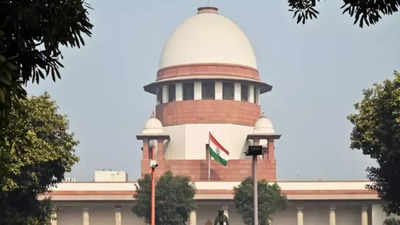
The dispute erupted after the High Court judge criticized the Supreme Court's handling of certain high-profile cases, alleging procedural inconsistencies and biases. His comments, which were made during a public event, drew immediate backlash from the apex court. The Supreme Court's response underscores the sensitivity with which it addresses criticism and the importance of preserving the integrity of its operations.
The Supreme Court's statement condemned the judge’s remarks as “inappropriate and unfounded,” emphasizing that such criticisms undermine public trust in the judicial system. The statement also called for adherence to judicial propriety and restraint in public comments by members of the judiciary.
Legal experts and commentators have been quick to weigh in on the implications of this dispute. Some argue that the Supreme Court's reaction is a necessary step to safeguard the credibility of the judiciary, while others view it as an overreach that stifles legitimate criticism. This incident has ignited a debate about the balance between judicial independence and accountability.
The case has drawn significant attention from legal circles and the media, with many observing it as a critical test of the judicial system's robustness and the boundaries of judicial expression. The ongoing dialogue reflects broader concerns about the role of the judiciary in public discourse and the mechanisms in place to address internal conflicts.
This episode is part of a larger pattern of scrutiny faced by India's judiciary, which has been under increasing public and political pressure. The Supreme Court’s decision to address the High Court judge's comments directly signals its commitment to upholding judicial standards and addressing issues of governance within the system.
As this situation unfolds, it will likely have broader repercussions for how judges across the country approach public commentary and the expectations placed upon them in maintaining judicial decorum. The resolution of this matter could set important precedents for handling similar conflicts in the future.
